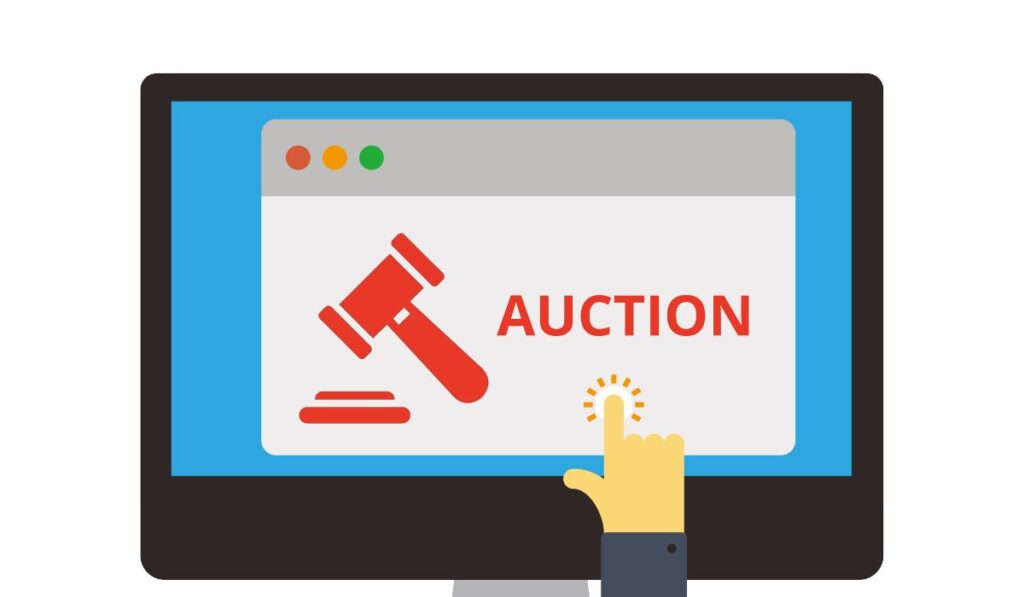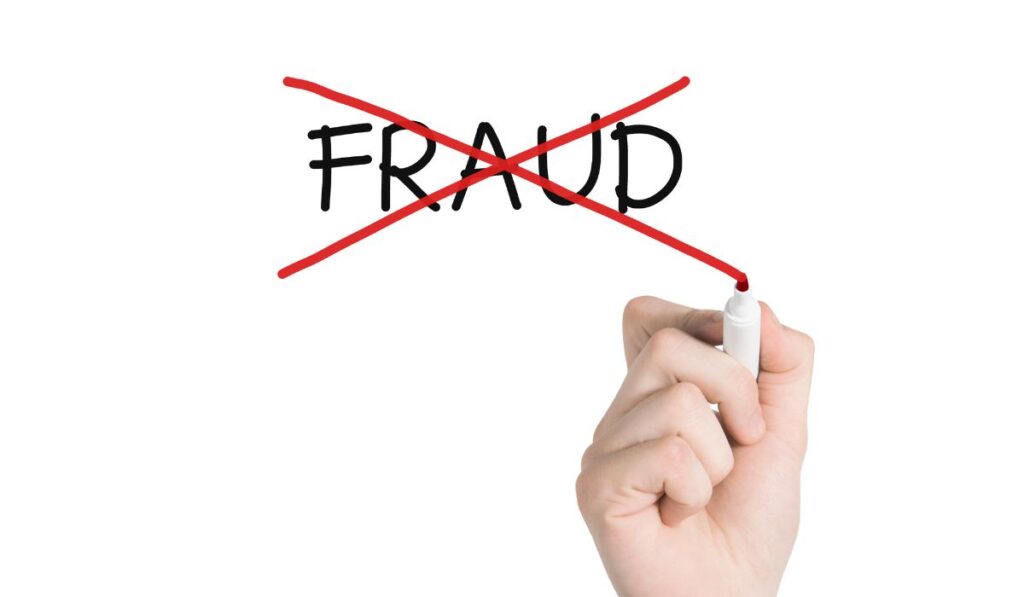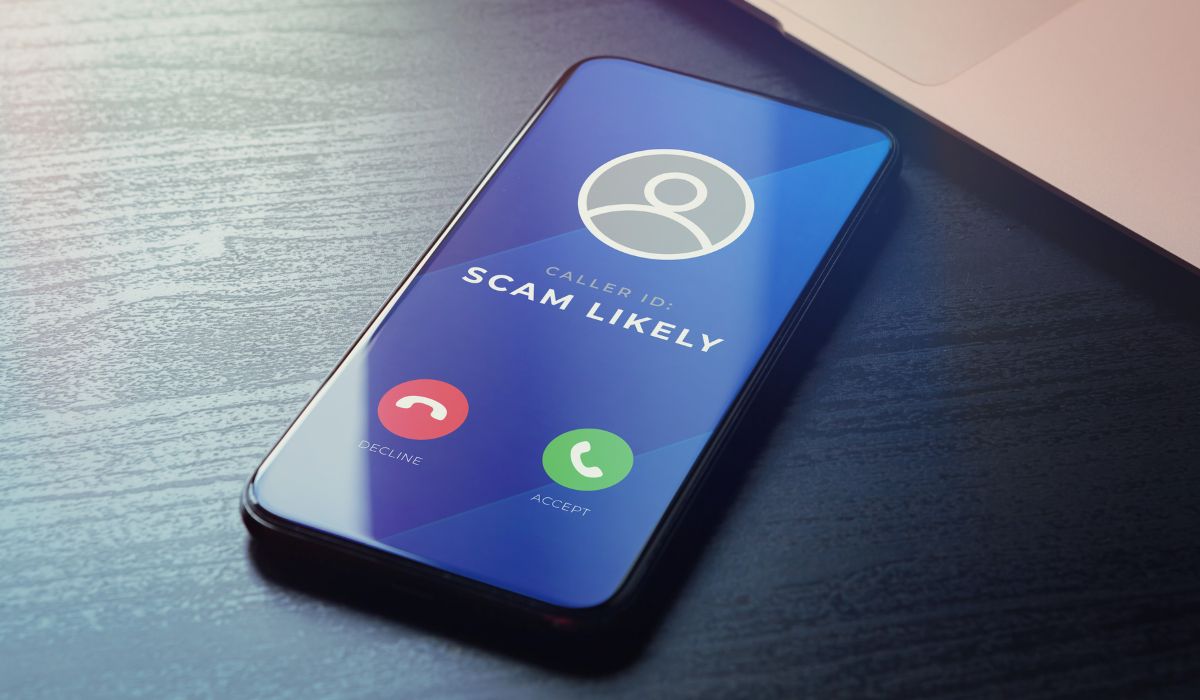Protecting Your Heart and Wallet: How to Recognize and Avoid Romance Scams
Romance scams have become increasingly prevalent in today’s digital age, leaving victims emotionally and financially devastated. This article aims to shed light on the deceptive tactics used by scammers and provide readers with valuable insights to protect themselves from falling victim to romance scams.
By understanding the tactics employed by romance scammers and implementing preventive measures, individuals can safeguard their hearts and finances while engaging in online relationships. This article will delve into the various aspects of romance scams, including their methods, warning signs, prevention strategies, and steps to take if one becomes a victim.
The goal is to empower readers with the knowledge and equip them with the tools necessary to navigate the online dating world safely. Together, we can create a safer online environment and prevent the emotional and financial devastation caused by romance scams.
Table of Contents
What are Romance Scams?
Romance scams are a form of online deception where fraudsters create fake identities and establish fake romantic relationships with unsuspecting individuals. These scammers often target people who are seeking companionship, love, or emotional connection through online dating platforms or social media.
Scammers use various tactics to manipulate their victims and gain their trust. They typically adopt appealing personas, create compelling backstories, and employ emotional manipulation techniques to establish a deep emotional connection with their targets. They may shower their victims with affectionate messages, compliments, and promises of a future together.
Once the scammer has gained the victim’s trust and established a strong emotional bond, they exploit it for financial gain. They may concoct stories of financial hardship, medical emergencies, or other urgent situations and request money from their victims. In some cases, the scammers may even ask victims to receive money on their behalf, turning them into unwitting accomplices in money laundering schemes.
The emotional manipulation involved in romance scams can be devastating for victims, who may experience feelings of betrayal, heartbreak, and significant financial loss. It is important to be aware of the tactics used by scammers and take proactive steps to protect oneself from falling victim to these fraudulent schemes.
Recognizing the Red Flags
Absolutely, recognizing the red flags is crucial in protecting oneself from romance scams. Here are some common signs to watch out for:
- Overly quick professing of love: Scammers often declare their love and affection for their victims very early in the relationship, even before having met in person.
- Reluctance to meet in person: Scammers may come up with excuses to avoid meeting face-to-face, such as claiming to be living in another country or facing travel restrictions.
- Requests for money or personal information: One of the most significant red flags is when the person asks for financial assistance, whether it’s for emergency situations, medical bills, or travel expenses. They may also seek personal information like bank account details or Social Security numbers.
- Inconsistencies in their stories or background: Scammers may provide inconsistent information about their profession, family, or past experiences when questioned.
- Unavailability for video calls or voice chats: Scammers often avoid video calls or voice chats, making excuses like poor internet connectivity or camera problems.
- Unusual grammar or language usage: Romance scammers may display poor grammar, misspellings, or awkward phrasing in their messages, as many operate from countries where English is not their first language.
It’s important to trust your instincts and exercise caution when interacting with individuals online. If something feels off or too good to be true, it’s wise to take a step back and evaluate the situation carefully. Don’t hesitate to end communication if you suspect fraudulent activity, and never send money or share personal information with someone you have not met in person and fully trust.
Building Healthy Online Relationships
Building healthy online relationships is essential to protect oneself from romance scams. Here are some tips to establish trust and authenticity:
- Take your time: Avoid rushing into a relationship. Scammers often try to manipulate victims by creating a sense of urgency. Take the time to get to know the person and develop a genuine connection.
- Communicate openly: Foster open and honest communication with the person you’re interacting with. Share your expectations, concerns, and boundaries early on.
- Video calls: Whenever possible, engage in video calls with the person. Seeing each other’s faces can help establish trust and verify the identity of the person you’re communicating with.
- Verify information: Conduct independent research and verify the information provided by the person. Look for consistency in their stories and background. Use search engines and social media to gather additional information.
- Share responsibly: Be cautious about sharing personal information, such as your address, financial details, or sensitive photographs. Only share such information when you have established a high level of trust and confidence.
- Listen to your intuition: Pay attention to your gut feelings. If something feels off or too good to be true, it’s important to trust your instincts. If you have doubts or suspicions, discuss them openly with the person or seek advice from friends or family.
Remember, building a healthy online relationship requires time, trust, and open communication. Be proactive in verifying the authenticity of the person you’re interacting with and take steps to protect your personal and financial well-being.
Protecting Your Finances

Protecting your finances is crucial when engaging in online relationships. Here are some important tips to consider:
Be Skeptical of Requests for Money
Exercise caution if someone you’ve met online asks you for money, regardless of the reason. Romance scammers often fabricate stories to evoke sympathy and persuade victims to send money. Avoid sending money to individuals you have only met virtually.
Use Secure Payment Methods
If you decide to make a financial transaction with someone you trust in an online relationship, use secure payment methods such as reputable online payment platforms or bank transfers. Avoid using wire transfers or sending cash, as these methods offer little to no recourse for recovering your funds.
Protect Your Financial Information
Be cautious about sharing sensitive financial information, such as credit card details or bank account numbers, with individuals you’ve met online. Legitimate partners will understand and respect your caution. If someone insists on obtaining your financial information early in the relationship, it may be a red flag of a scam.
Keep Financial Independence
Maintain control of your own finances and avoid becoming financially dependent on someone you’ve met online. Scammers may exploit this dependency to manipulate and defraud victims. It’s essential to maintain financial independence and rely on your own resources.
Be Wary of Investment Opportunities
Beware of individuals who promise lucrative investment opportunities or quick financial gains. Such offers may be part of a larger scam to defraud you of your money. Research and consult with reputable financial advisors before making any investment decisions.
Remember, protecting your finances is paramount when engaging in online relationships. Stay vigilant, trust your instincts, and seek advice from trusted friends or family members if you’re uncertain about any financial matters related to your online relationship.
Conducting Background Checks
Conducting background checks can be a valuable step in ensuring the legitimacy and safety of individuals you meet online. Here are some tips for conducting background checks:
- Research their online presence: Start by searching for the person’s name and any other information they have provided. Look for social media profiles, professional websites, or any other online presence that can provide insights into their background.
- Verify their identity: Use reputable online search engines to verify the person’s identity. Cross-reference the information they have shared with what you find online. Look for consistency in details such as name, occupation, education, and location.
- Reverse image search: If the person has shared photos with you, conduct a reverse image search using search engines or specialized tools. This can help identify if the images are stolen from other sources or widely used on the internet under different identities.
- Use professional verification services: There are professional background check services available that can provide more comprehensive information about an individual’s background, including criminal records, employment history, and educational qualifications. Consider using these services for a more thorough investigation if needed.
- Seek help from friends or family: Share information about the person you are interacting with online with trusted friends or family members. They may have insights or resources that can aid in verifying the person’s background.
Remember, while conducting background checks can provide some level of assurance, it is not foolproof. Scammers can create elaborate personas and manipulate information. Trust your instincts and be cautious when sharing personal details or engaging in financial transactions with individuals you have only met online.
Reporting and Recovering from Romance Scams
If you suspect that you have fallen victim to a romance scam, it is important to take immediate action to protect yourself and seek assistance. Here are some steps to consider:
- Cease all communication: End contact with the scammer immediately. Do not engage further or provide any additional personal or financial information.
- Report the scam: Contact your local law enforcement agency and file a report. Provide them with all the relevant information, including any messages, emails, or documentation you have received from the scammer.
- Notify your financial institutions: If you have sent money to the scammer or provided them with your financial information, contact your bank and credit card companies to report the fraudulent activity. They can guide you on the appropriate steps to secure your accounts and prevent further losses.
- Seek emotional support: Romance scams can have a significant emotional impact. Contact friends, family, or support groups to share your experience and seek support. It can be helpful to speak with a counselor or therapist who specializes in trauma or scams.
- Rebuild trust: Rebuilding trust after a romance scam can take time. Be patient with yourself and focus on self-care. Take steps to protect your personal information and be cautious when engaging in online relationships in the future.
Remember, reporting the scam is crucial not only for your own recovery but also to help prevent others from falling victim. By sharing your experience, you can raise awareness and potentially assist law enforcement in their efforts to combat romance scams.
Romance Scams Prevention Resources
When it comes to preventing romance scams and seeking support, there are various online platforms and organizations that can provide valuable information and resources. Here are some recommendations:
Romance Scams Now (romancescamsnow.com)
This website offers a comprehensive resource center with articles, tips, and advice for recognizing and avoiding romance scams. It also provides a reporting mechanism to share scammer information and a support group for victims.
Federal Trade Commission (FTC)
The FTC has a dedicated section on their website that focuses on romance scams. It provides guidance on how to recognize, avoid, and report scams. The site also offers videos, articles, and infographics to raise awareness about romance scams.
ScamWatch
Run by the Australian Competition and Consumer Commission, ScamWatch provides information on different types of scams, including romance scams. It offers tips for protecting yourself, reporting scams, and recovering from scams. While it primarily caters to an Australian audience, the information is relevant globally.
RomanceScams.org
This website offers educational resources and articles to help individuals identify and prevent romance scams. It provides tips on safe online dating practices, recognizing red flags, and reporting scams. The site also features a forum where victims and survivors can share their experiences and support one another.
Online Dating Platforms
Many online dating platforms have dedicated sections on their websites that provide guidance on safety and security. They often offer tips on recognizing and reporting suspicious profiles or activities. Take advantage of these resources when using dating platforms to enhance your safety.
Additionally, consider joining online forums and support groups specifically for victims of romance scams. These communities provide a safe space to share experiences, seek advice, and offer support. Some examples include Scam Survivors (scamsurvivors.com) and Romance Scam Survivor Support Group on Facebook.
Remember, staying informed and educated is key to protecting yourself from romance scams. By utilizing these resources, you can enhance your awareness and make informed decisions when engaging in online relationships.
Pillar Support: Assisting Victims of Romance Scams
Pillar Support is dedicated to providing assistance and support to victims of online scams, including romance scams. Our team of experts is experienced in helping individuals recover from these scams’ emotional and financial impact. Here are some of the services we offer:
- Counseling and Emotional Support: Our trained counselors understand the emotional toll that romance scams can have on victims. We provide a safe and supportive environment for individuals to share their experiences, process their emotions, and develop coping strategies.
- Financial Guidance: Recovering from a romance scam often involves navigating financial challenges. Our financial experts can provide guidance on managing debts, rebuilding savings, and protecting against future scams. We can assist in developing personalized financial plans tailored to each individual’s needs.
- Legal Assistance: In some cases, victims may need legal assistance to address issues related to the romance scam. Our team can provide guidance on legal options, connect individuals with experienced attorneys, and support them throughout the legal process.
- Fraud Awareness Training: Prevention is key in combating romance scams. Pillar Support offers fraud awareness training programs to educate individuals, businesses, and communities about the tactics used by scammers. Our training equips participants with the knowledge and tools to recognize and avoid scams, ultimately reducing the risk of falling victim.
At Pillar Support, we understand the complex nature of romance scams and the challenges faced by victims. Our holistic approach combines emotional support, financial guidance, legal assistance, and education to help individuals regain control and move forward with their lives.
If you or someone you know has been a victim of a romance scam, reach out to Pillar Support for compassionate support and expert guidance. Together, we can work towards recovery and empower individuals to protect themselves against future scams.
Frequently Asked Questions
How Do You Tell a Romance Scammer?
Recognizing a romance scammer can be challenging, but there are some common signs to look out for:
Too Quick to Declare Love: Scammers often profess their love and devotion very early in the relationship, even before meeting in person.
Reluctance to Meet in Person: Scammers may come up with various excuses to avoid meeting face-to-face or making video calls.
Requests for Money: One of the main goals of romance scammers is to extract money from their victims. They may invent elaborate stories or emergencies to request financial assistance.
Inconsistencies in their Story: Scammers may provide inconsistent or contradictory information about their background, job, or personal details.
Poor Grammar and Spelling: Many scammers operate from countries where English is not the first language, so their messages may contain noticeable grammar and spelling mistakes.
What Are Some Examples of Romance Scams?
Romance scams can take various forms, but here are a few examples:
Online Dating Scams: Scammers create fake profiles on dating websites or social media platforms to establish relationships with unsuspecting individuals.
Military Romance Scams: Scammers pose as military personnel deployed overseas, using fake identities and stories to exploit emotions and solicit money.
Inheritance Scams: Scammers claim to have inherited a large sum of money but need financial assistance to access it, promising to share the funds with their victims.
Catfishing Scams: Scammers create fake identities and engage in online relationships, often using stolen photos and personal information.
What Are the Dangers of Romance Scams?
Romance scams can have severe consequences, both financially and emotionally. Some dangers include:
Financial Loss: Victims can suffer significant financial losses, often sending large sums of money to scammers for various reasons.
Identity Theft: Scammers may collect personal information from their victims, which can lead to identity theft and further financial harm.
Emotional Trauma: Being deceived and manipulated by a romance scammer can cause emotional distress, leading to feelings of betrayal, shame, and loss.
Trust Issues: Victims may find it challenging to trust others and form new relationships after experiencing a romance scam.
It is important to stay vigilant and educate yourself about the dangers of romance scams to protect yourself and your loved ones from falling victim to these fraudulent schemes.








